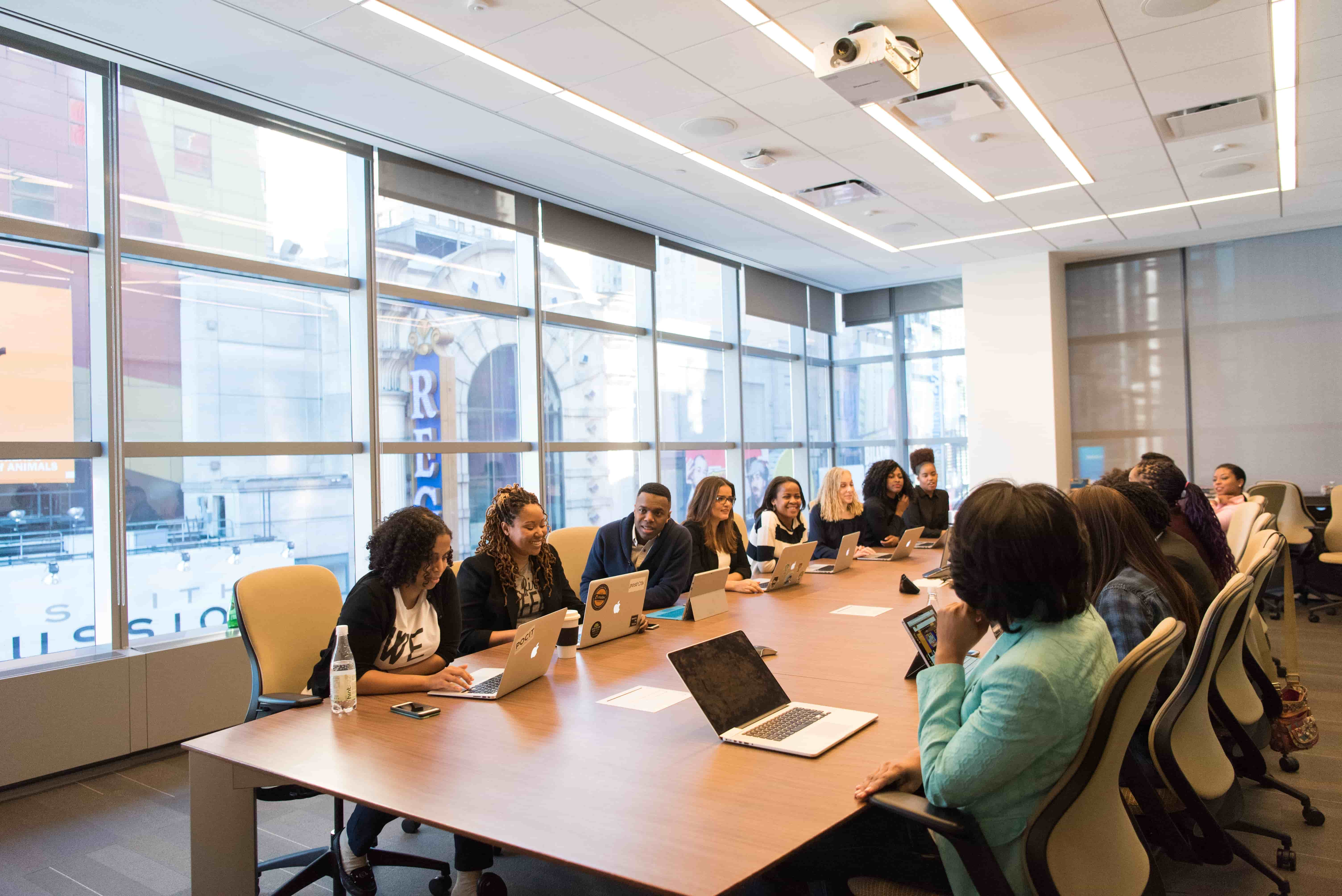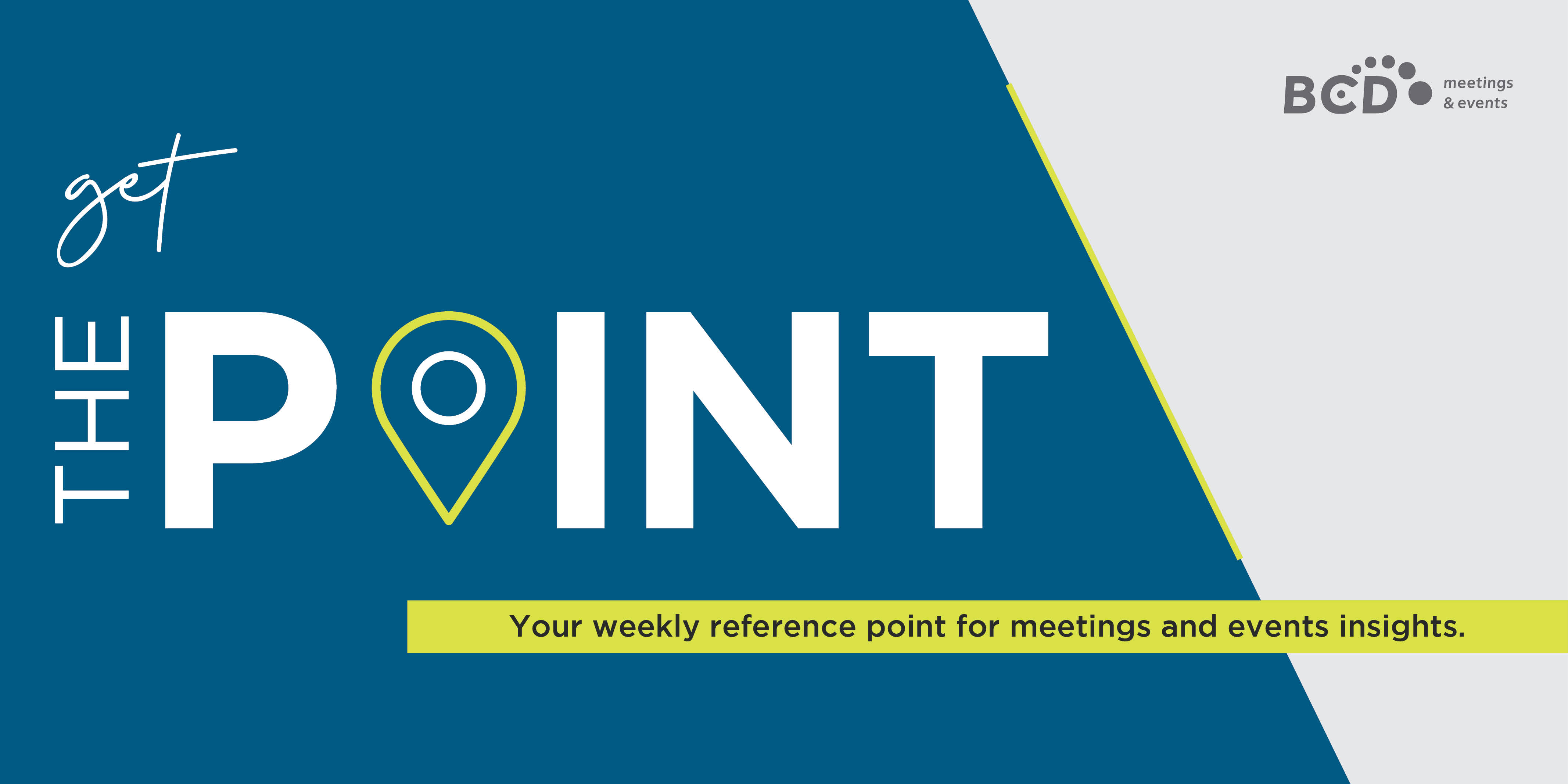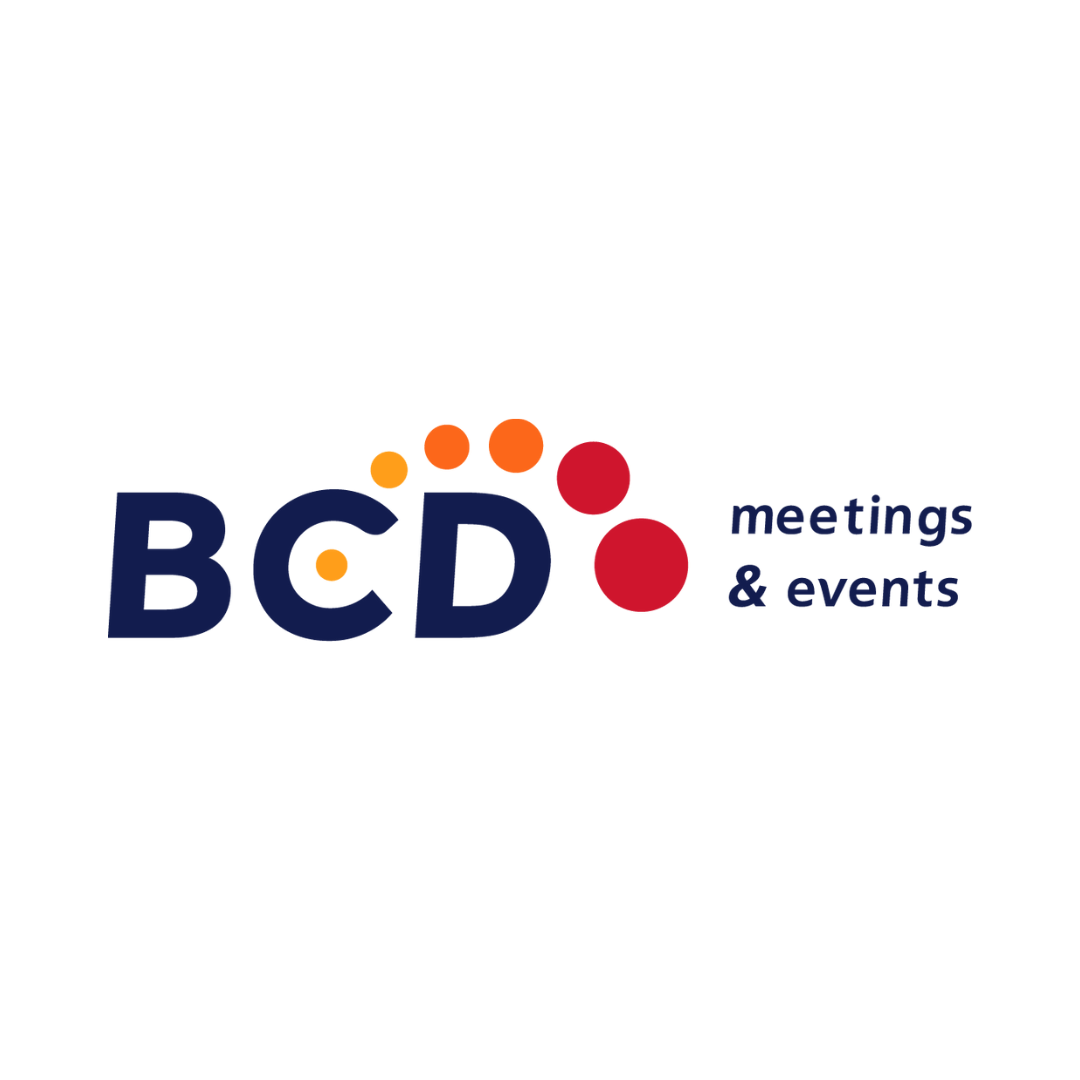The last two years have brought a lot of changes to the way companies approach their meetings and events strategies. Many organizations that used to rely on their in-house teams had to quickly adapt to virtual formats, leaving many meeting planners struggling with fast-changing demands. Other teams disbanded as the dramatic drop in volume forced cost-cutting measures across lines of business.
As business rebounds (albeit with a lot of ups and downs), organizations are scrambling to determine how to build back smarter and leverage strategic partnerships to help guide them with industry expertise that is relevant in today’s landscape.
The value of a trusted Meetings and Events partner
The change and volatility that organizations have had to manage through in the past 2+ years has made many reflect on their entire operating strategy, analyzing where they prioritize and focus for the future.
Meetings and events are just one area where we are seeing a significant shift in approach for many organizations. Historically, a lot of companies operated in-house meetings & events teams. However, upon reflection, they are making a conscious decision to align with strategic partners whose core business is meetings and events, shifting responsibility to these partners to build back, scale and service the meetings and events activity, and enabling the organization to maximize focus on their own core business.
While the overall strategy, policy and stakeholder relationship management are typically still kept in-house, we are seeing the need for a strategic partner agency to act as an extension of their team to provide industry insights & trends, business planning support and meeting level services such as sourcing, planning, data & analytics, and technology management to streamline experience and maximize resources.
This enables organizations to bring in new ideas, best practices, and insights with a 360-degree view as opposed to an internal lens which can sometimes be skewed based on internal and historical requirements and can become disconnected and siloed from the broader meetings and events space. One of the added benefits of working with a third party provider, besides savings and risk mitigation assurances through strategic contracting, is the added value of gaining commissions for their events, which only an agency can provide by leveraging industry relationships and volume – this means no money left of the table and potential rebate or funding for other program initiatives.
Related article: 7 Innovative Promotional Items Perfect for Onsite Gifting
How meeting and event teams can build back smarter
As companies look to build back their meetings program smarter, two drivers for creating a consolidated approach to meetings management have emerged: Duty of care is no longer a nice to have, but an essential program component; and organizations want better insight into their spend per person, per meeting. It’s all about purpose-driven engagements to drive high ROI and maximize spend on meetings by ensuring there is a purpose to every piece of the puzzle (i.e. location, audience, etc.). This is where the value of a trusted partner comes into play. By working with an agency and creating solid, data-driven resources to help model and metrics to help scale, companies can have a holistic approach to current programs and future strategies.
A dedicated outsourced team has access to like-sized teams and subject matter experts to tap into how other organizations are innovating and optimizing their meetings and events, thus keeping a strong pulse on industry trends and knowledge. Outside of the dedicated team service scope, agencies can typically provide a wider opportunity for service support, such as high-touch event design, marketing & communications campaigns, and creative content and production. This allows additional supplement to those unique or one-time specialist needs without putting strain on the dedicated team and their existing volume. It also provides scale at peak times, without having to increase headcount to manage through high-demand periods.
Dedicated outsourced teams follow a solid implementation process that not only documents current state processes, technologies and scope but also analyzes opportunities to enhance and optimize workflows with the attendee, meeting owner, and meeting planner in mind. Workload metrics are formed in collaboration with the client to ensure the right level of focus and scale is in place to easily grow and develop the meeting & event support for existing and future stakeholder needs.
Dedicated teams can access agency and client training, tools, and communications plans and operate in a fully collaborative “one team, one goal” culture. KPIs & SLAs are set and discussed regularly across the partnership to ensure the right focus and attention is prioritized and allow for open and honest communication with a view to challenging in a healthy way in order to continue to grow, deliver results and continue to evolve the partnership.
Originally published Jul 11, 2022 6:15:00 AM
Last updated on Dec 22, 2022 3:22:16 PM



